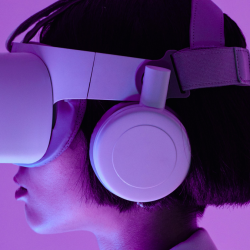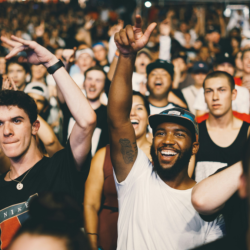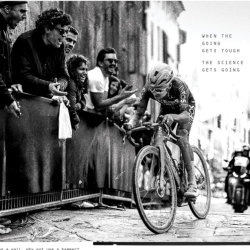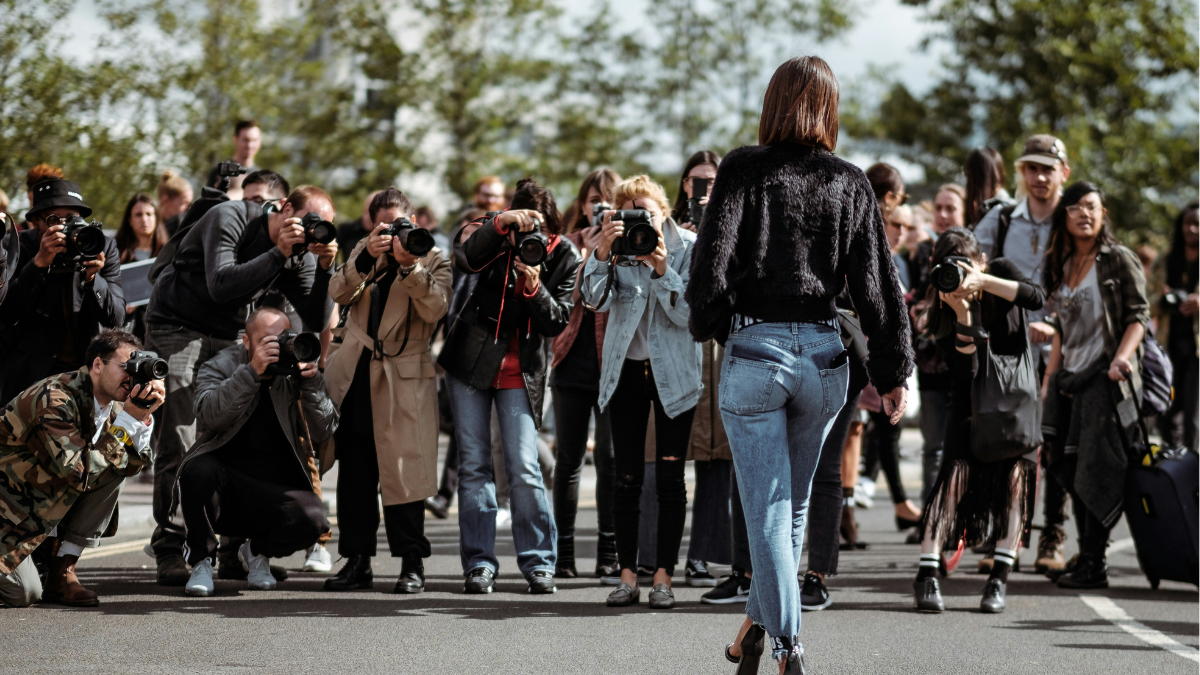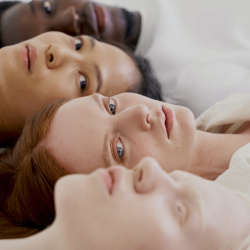In a world where economic uncertainty looms large and the gap between the haves and have-nots continues to widen, the efficacy of celebrity endorsements in advertising is curious. Despite a shift in consumer sentiment where people eschew the lifestyles of celebrities, brands persist in harnessing their star power for marketing campaigns. Recent instances like Uber Eats’ star-studded Super Bowl ad featuring the Beckhams (and a host of other A-listers), the controversy surrounding Kim Kardashian’s SKIMS bra line, and even Marina Abramovic’s unexpected venture into skincare underscore this perplexing trend. Last week (in late February), former White House intern Monica Lewinsky was even announced as the new face of fashion brand Reformation. Consumer attitudes are undergoing a seismic shift: individuals no longer aspire to the glamorous lifestyles portrayed by celebrities. Instead, there’s a growing desire for brands and famous people to appear authentic and relatable. This shift is particularly evident in the wake of global economic challenges, such as the cost of living crisis which is gripping many parts of the world. As people grapple with everyday financial burdens the allure of celebrity glamour has lost its initial shine — with 69% of people surveyed preferring to trust a friend, family member or influencer recommendation rather than directly confide in a brand.
Yet, despite this, brands continue to align themselves with high-profile personalities. But why? The enduring power of celebrity influence prevails even as societal values evolve, they continue to wield considerable sway over consumer behaviour. Their endorsements still drive sales and shape brand perception, albeit in nuanced ways. The allure of celebrity partnerships lies in their ability to capture attention in an oversaturated media landscape. In an era where consumers are bombarded with endless advertisements, associating a brand with a recognisable face does cut through the noise and leave a lasting impression. This is particularly relevant in the context of digital transformation, where brands vie for visibility across various online platforms.
But what are the ramifications of this over-reliance on celebrity endorsements?
For one, partnerships can bolster a brand’s credibility and lend it an air of prestige. When a respected figure lends their name to a product or service, it can signal quality and reliability to consumers. However, any missteps or celebrity controversy can tarnish a brand’s reputation by association.
Take, for example, the recent mixed reception towards Kim Kardashian’s SKIMS bra line, which faced scrutiny for its promotion of permanently erect nipples that were sewn into the product.
Despite Kardashian’s attempt to spotlight the company’s use of environmentally friendly fabric, which relies on virgin polyester, a non-biodegradable material, this aspect seemed to fall on deaf ears.
The disconnect between Kim’s lifestyle and environmental concerns appeared to overshadow any positive intentions. While Kardashian’s celebrity status undeniably brought attention to the brand, the ensuing controversy shed light on the inherent risks associated with celebrity endorsements. Interestingly, amidst the criticism, breast cancer survivors emerged as a vocal support group, expressing gratitude for the sense of empowerment the product provided. One Instagram comment read: ‘As a breast cancer survivor, I thank you so much!!!! I’m actually crying right now,’ garnering over 17,300 interactions and reflecting a significant level of support for Kim’s visibility efforts.
In the midst of a cost of living crisis and growing environmental concerns, the relevance of celebrity endorsements may seem questionable. Why, in a world grappling with economic uncertainty and climate change, do brands continue to encourage consumption? The rise in the #recessioncore trend only proves a public muting of approach, with 78% of people perceiving influencers who flaunt luxury items as out of touch, or unaware of public pressures and changing interests. In a culture driven by consumerism, brands face immense pressure to stay relevant and maintain market share. Celebrity endorsements offer a shortcut to visibility and consumer engagement in this competitive landscape. Moreover, digital transformation has reshaped the way brands interact with consumers, creating new avenues for celebrity partnerships to flourish.
The role of celebrities in advertising remains a subject ripe for exploration
While their influence may wax and wane in response to shifting societal norms and economic realities, one thing is clear: celebrity endorsements are unlikely to fade anytime soon. Instead, brands must adapt their strategies to align with evolving consumer expectations and values, leveraging the power of celebrity partnerships responsibly and ethically. In the end, the paradox of celebrity endorsements serves as a microcosm for the broader tensions shaping our media and marketing landscape. By interrogating this phenomenon through the lens of culture, business, and technology, we gain deeper insights into the forces driving consumer behaviour and shaping brand perceptions.
As we grapple with questions of relevance and sustainability, one thing remains certain: the allure of celebrity will continue to captivate both brands and consumers alike, for better or worse.
Featured image: Clem Onojeghuo / Unsplash
